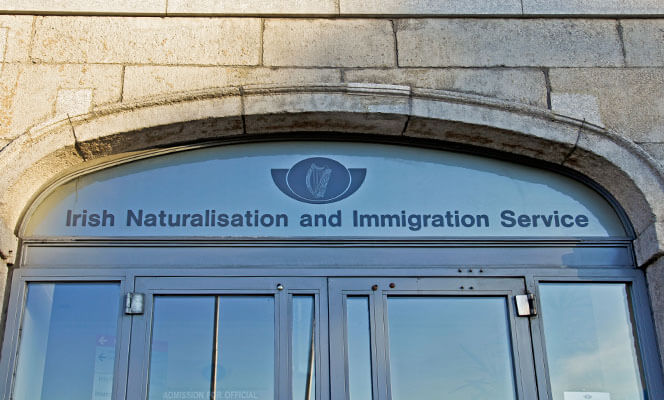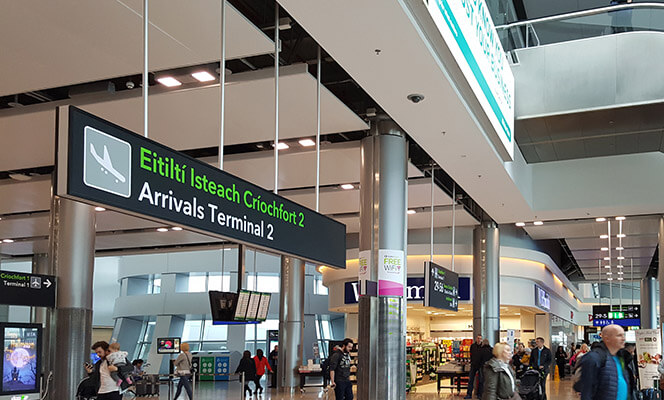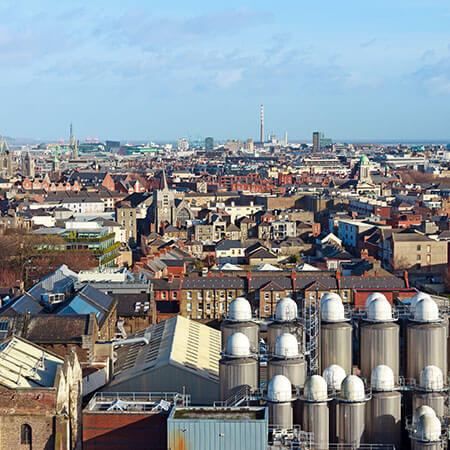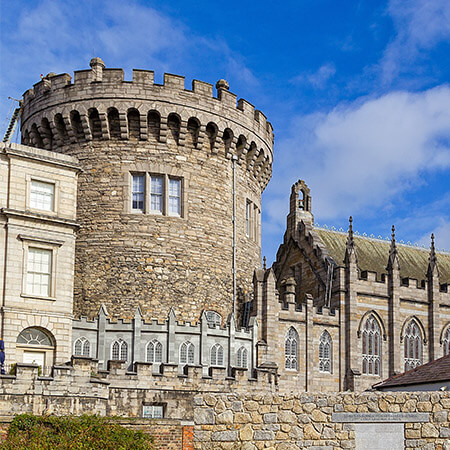Ireland is a fairly welcoming country. Citizens of many countries don’t need an Irish visa to enter. But those that do need one should find the process simple and straightforward.
The Irish Naturalisation and Immigration Service (INIS) is in charge of providing permission to live, work and study in the Republic of Ireland. Here’s what you need to know.
How to immigrate to Ireland
For UK Citizens
Under the Common Travel Area arrangement between Ireland and the UK, British citizens are entitled to live and work in Ireland without any conditions or restrictions. All they need is proof of citizenship.
Since Brexit, the British and Irish governments have signed an agreement that formally guarantees these rights. So British citizens living in Ireland can rest assured that this situation won’t change and their interests are protected.
For EU, EEA and Swiss Citizens
Citizens of the European Economic Area and Switzerland are entitled to live and work in Ireland without any visa or employment permit.
For Non-EU and Non-EEA Citizens
In general, citizens from most countries outside of the EU need to apply for an Irish visa and secure an employment permit to live and work in Ireland. However, there are exceptions to this rule. For example, eligible family members of skilled workers who’ve immigrated to Ireland have an automatic right to work here too.
To figure out what rules apply to your specific situation, visit the INIS website.

Types of visas for Ireland
All foreign nationals who register with the INIS will receive an Irish Residence Permit. This document isn’t a form of ID, but it does confirm that you’re registered with the Irish immigration office.
It’s useful to have when you apply for public services, when you enter the country or in situations where you need to prove your status to an immigration official or member of the Irish police force.
INIS offers five types of Irish visas:
Short stay visas
Short stay visas include a range of different visa types that allow visitors to travel to Ireland for tourism, business, to visit relatives or to attend a conference or exam.
Long stay visas
Long stay visas allow visitors to study, join a family member, take up employment or volunteer within the Republic of Ireland. There are also specific visas for ministers of religion and non-EU citizens travelling with a family member from the EU.
Re-entry visas
Re-entry visas are specifically for Irish Residence Permit holders who wish to leave Ireland for a short period of time.
Transit visas
Some travellers might require a transit visa if they are making a connection at an Irish airport. You can check to see if you need one.
Multiple entry visas
Multiple entry visas allow you to make several short trips to Ireland any time between two specific dates. They are only approved in certain circumstances, so make sure it’s the right option for you.

Applying for an Irish visa
You must apply for a visa online, unless you are already a resident in Ireland and want to apply for a re-entry visa.
Make sure you apply well in advance of your intended travel time. Some nationalities have to supply biometric data and fingerprints with their application and this can take some time. At the time of writing this article, processing times ranged from as little as three days for business-related travel visas, right up to 12 weeks for preclearance applications.
You’ll be able to find out more about processing times and the application process for an Irish visa from your nearest Irish embassy or consulate.
Irish employment permits
A visa is issued by immigration authorities and simply enables you to enter the country. An employment permit, on the other hand, entitles you to work in Ireland.
An employment permit is a letter provided by an employer which gives you the right to work in a different country. There are nine different kinds of work permits altogether. Each one caters to a different work situation.
For example, there’s one for interns with critical skills who want to gain experience in Ireland. Then there’s another for those working in sports and cultural industries. You can apply for one online.
If you’re an entrepreneur that plans to grow or set up a business in Dublin, there is a special Startup Entrepreneur Programme, which is worth checking out. You can find more details on that here.
If your visa application is successful, you might find our guide to moving to Dublin useful. Or, if you have a furry friend, there’s advice on bringing pets to Ireland.




